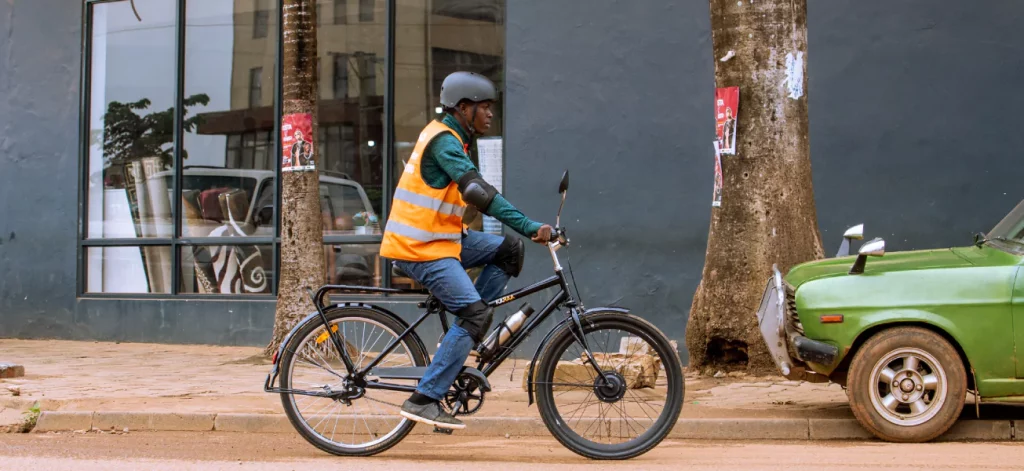This post will focus on the role that electric bicycles are playing in the last mile delivery of goods in Africa. We will discuss the challenges that traditional delivery methods face in reaching remote and off-grid areas, and how electric bicycles are overcoming these challenges to provide reliable and efficient delivery services. We will also explore the potential for electric bicycles to provide essential services such as healthcare, education, and emergency response in remote areas of Africa.
Electric bicycles, also known as e-bikes, are revolutionizing the way goods are delivered in Africa. With their ability to travel long distances on a single charge and navigate challenging terrain, e-bikes are a reliable and cost-effective alternative to traditional delivery methods like motorcycles and trucks.
One of the main challenges faced by traditional delivery methods in Africa is the lack of infrastructure in rural and remote areas. Many of these areas are not connected to the grid, which makes it difficult to transport goods using gasoline-powered vehicles. E-bikes, on the other hand, are powered by rechargeable batteries, which means they can operate in off-grid areas without the need for fuel.
E-bikes are also more cost-effective than traditional delivery methods. They require minimal maintenance and have a longer lifespan, which means they can save businesses money in the long run. In addition, e-bikes are more environmentally friendly, as they produce zero emissions and are quieter than gasoline-powered vehicles.
Not only are e-bikes being used for last mile delivery, they are also being used to provide essential services in remote areas. For example, healthcare workers in Africa are using e-bikes to reach patients in remote villages, where access to healthcare is often limited. Similarly, e-bikes are being used by wildlife rangers to patrol protected areas and by education professionals to bring educational materials to students in remote schools.
The future of last mile delivery in Africa is bright, thanks to the rise of electric bicycles. With their ability to reach remote and off-grid areas, e-bikes are providing a reliable and cost-effective alternative to traditional delivery methods. They are also helping to bring essential services to remote communities, improving the lives of people across the continent.







